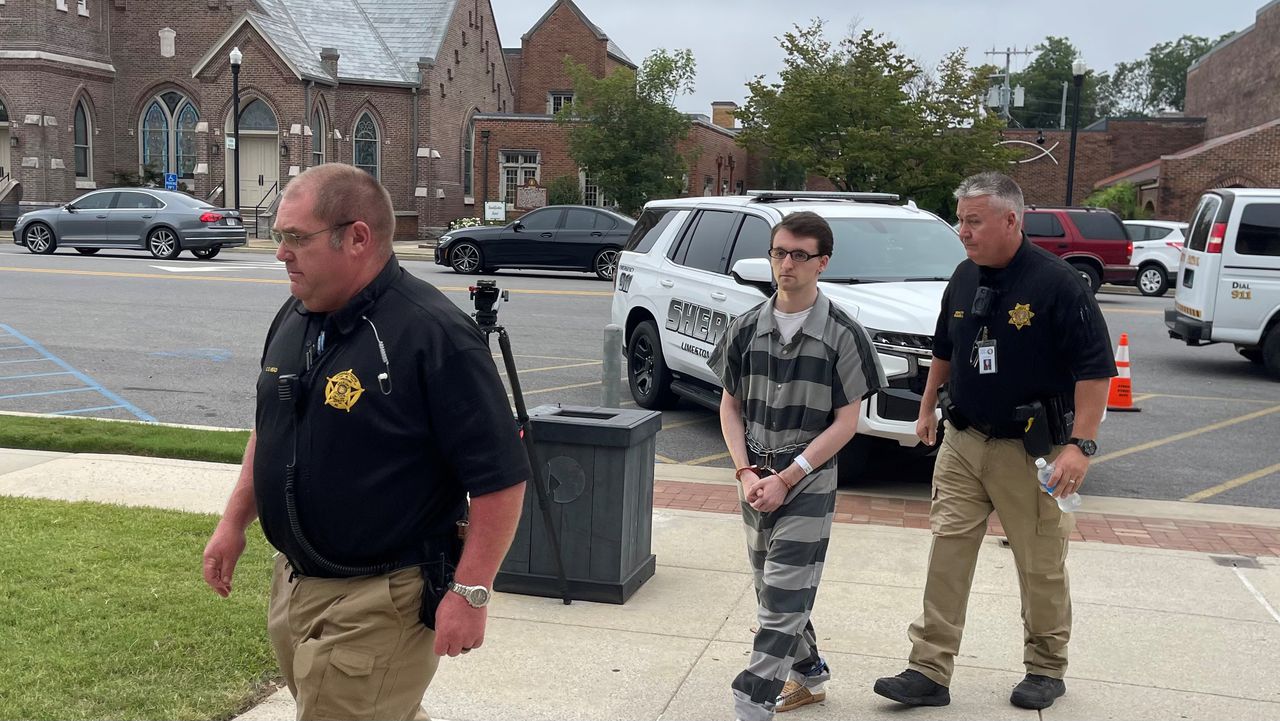Mason Sisk sentenced to life for killing Alabama parents, 3 siblings
Mason Sisk, the north Alabama teenager who killed his adoptive parents and three of his siblings in 2019, was sentenced Thursday to life in state prison without parole by a Limestone County judge.
Sisk, who was 14 at the time of the Sept. 2, 2019, slayings in Elkmont, shot and killed parents Mary Sisk, 35, father John Sisk, 38, and siblings Kane, 6, Rorrie, 4, and Colson, 6 months.
Sisk, 19, was convicted in April of four counts of capital murder.
Although he was charged with capital offenses, Sisk was ineligible for the death penalty because he was a minor at the time of the killings.
His sentence was not available in court records of Thursday afternoon, but WAAY reported Sisk was sentenced to life in prison without the possibility of parole.
Mary Sisk’s brother, Douglas Prater, recalled during his impact victim statement in July how he came home with gifts for everyone, including Sisk, on the day of the murders – gifts that eventually went into caskets.
Other family members recounted how Mary Sisk was about to seek a doctorate at the time of her death. They recalled Sisk’s adoptive grandmother, who died recently of a heart attack, described as Sisk’s “one supporter.”
“My family has suffered so much,” Prater said.
“We haven’t been able to rest for years because of what you did. You were accepted into our family. Since you were four. I remember driving you to get video games, basketball practice. You’re in our family photos and that’s all we have left to remember our family by.”
“I do not know if I will ever forgive you, but I do grieve the loss of you. The child Mason that I knew died the day you murdered them,” Mary’s sister Katie said.
Charles Holladay, a witness for the defense, asked the judge to give Sisk a chance at rehabilitation.
“I don’t believe he did what he’s been convicted of doing,” Holladay said. “I don’t think he should be locked up at all.”
In Sisk’s first trial, Wise ordered a mistrial last year after a large amount of information from the cellphone of Mary Sisk became available to both parties during the trial.
